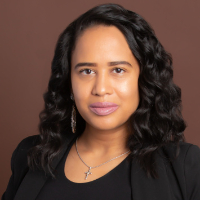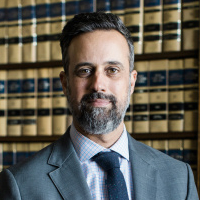Oakland Felony Lawyer, California
Sponsored Law Firm
-
 x
x

Click For More Info:
-
Louis J Goodman Attorney At Law
1290 B St Suite 307 Hayward, CA 94541» view mapCriminal Defense Law Tough, Experienced, and Professional
If you have been charged with a crime in Alameda County, California, contact The Law Offices of Louis J. Goodman.
510-582-9090
Jo-Anna Marie Nieves
✓ VERIFIEDCriminal, Felony, DUI-DWI, Misdemeanor, White Collar Crime
Armed with considerable experience working for the District Attorney in Sacramento, CA and her voluminous representation of large corporate clients in... (more)
Seth Morris
✓ VERIFIEDCriminal, Felony, Personal Injury
When the legal system fails you, you can’t leave yourself or your child at the mercy of a judge and 12 jurors. Seth Morris has saved his clients fro... (more)
Aaron Reuben Bortel
Criminal, DUI-DWI, Felony, Misdemeanor
Status: In Good Standing Licensed: 32 Years
FREE CONSULTATION
CONTACTFREE CONSULTATION
CONTACTFREE CONSULTATION
CONTACTFREE CONSULTATION
CONTACTRebecca Feigelson
Juvenile Law, Felony, DUI-DWI, Criminal
Status: In Good Standing Licensed: 12 Years
FREE CONSULTATION
CONTACT Louis J. Goodman Hayward, CA
Louis J. Goodman Hayward, CA Practice AreasExpertise
Practice AreasExpertise



